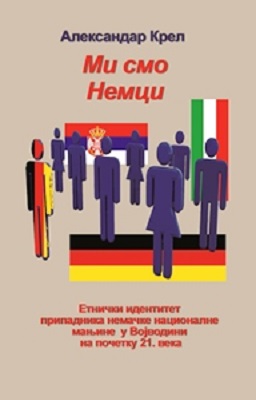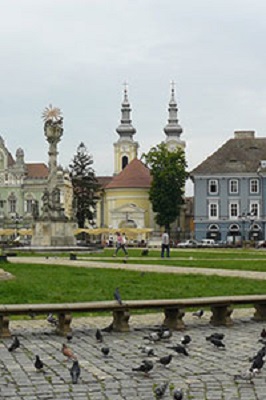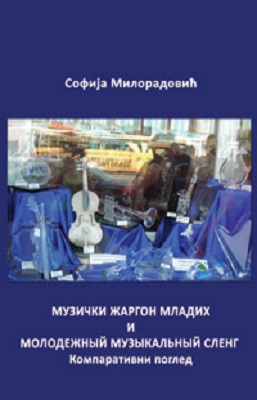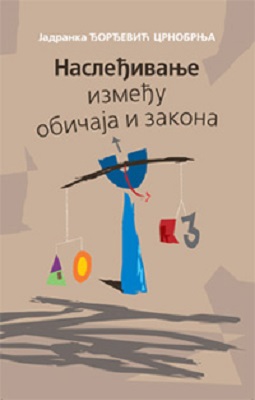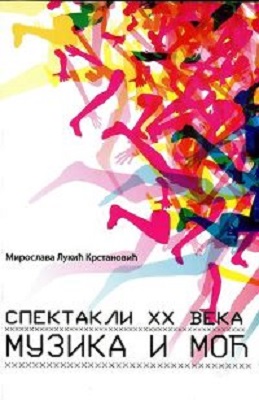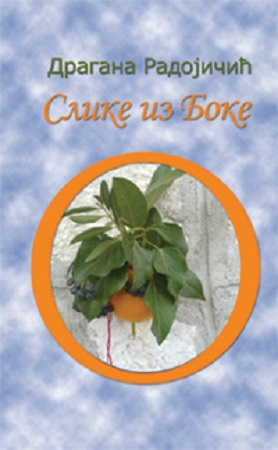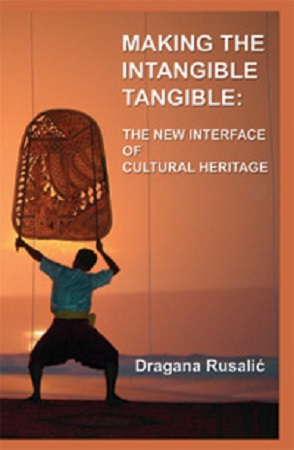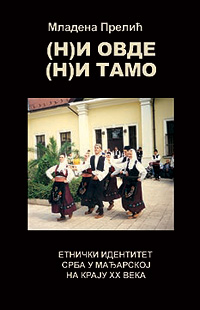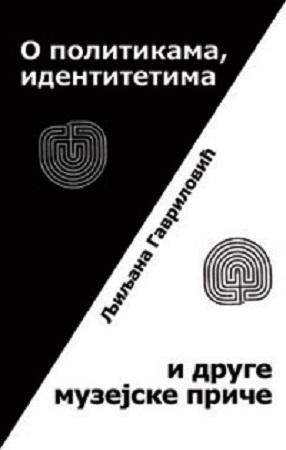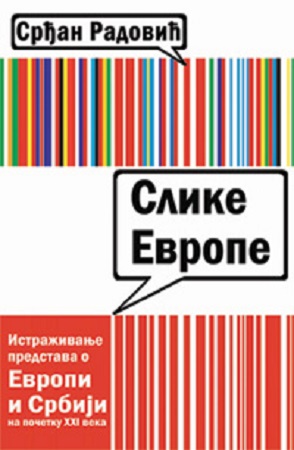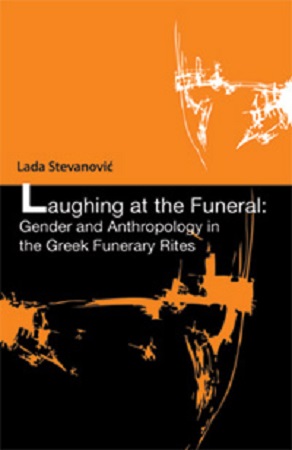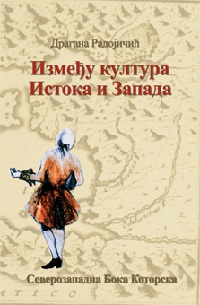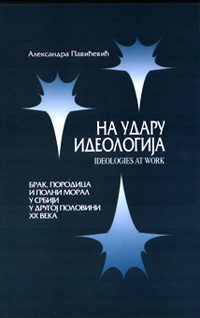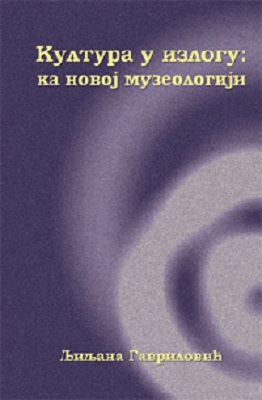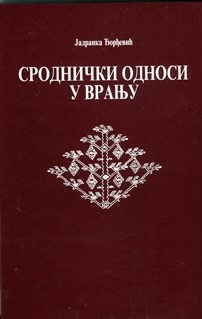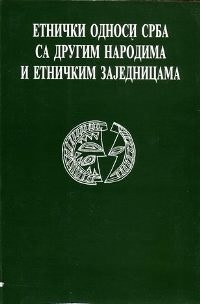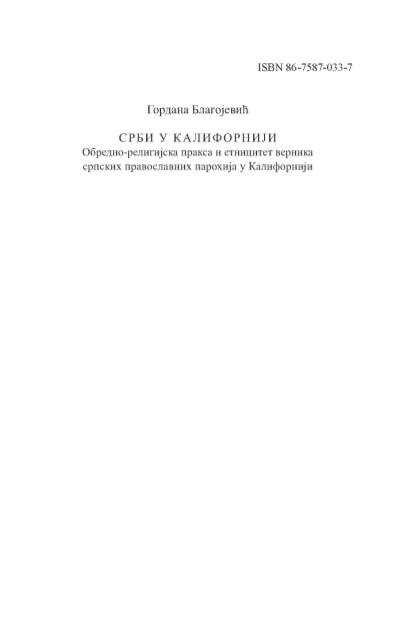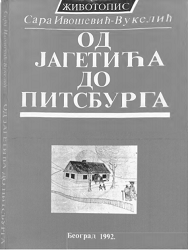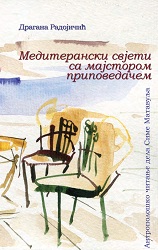
Mediterranean advice from an expert story teller. Anthropological reading of Simo Matavulj`s works
Медитерански свјети са мајстором приповедачем. Антрополошко читање дела Симе Матавуља
Many authors, who have researched Matavulj’s works, have mentioned the ethnographic elements found there, sometimes even unintentionally, but as a result of the way they experienced and wrote about the world around them. A number of scientific works have been written, master and doctoral thesis have been defended, lectures and scientific gatherings held and the Collection of works of Simo Matavulj has been published in more editions. “…there are not too many writers who, in their artistic creation, knew to use their own life experience in a way Simo Matavulj did. The events he witnessed, people he met, stories he heard among people-all of them found a place in his stories”- states Marko Car. Matavulj`s works contains not only the historical testimonies but interesting travel descriptions as well. Not only did he portrayed coastal and Montenegrin areas but he was also the urban writer, introducing modern topics and characters into the Serbian literature of the time. Ivo Andric claimed that Matavulj “expanded geographical borders of Serbian short story that had been Balkan and middle European before that. He brought the elements of the seafarer`s life, of sea and all the possibilities that the sea opens for a men”. Every character from Simo`s stories “has two lives, one on the land and the other one, directly or indirectly, at the sea that represents the wide world. Matavulj wasn`t considered modern and avant-garde for his time just because he introduced Swedish gymnastics but the reviewers rated him as a writer who was the closest to the European realism among all his contemporaries.
More...
